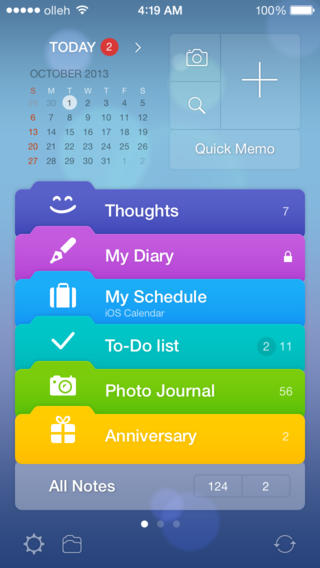
Mellel is an excellent tool for long documents, extremely stable, fast, very reliable. Gibson himself says that he knew hardly any professional writer who didn't use a typewriter at that time. The novel was published in 1984, at that time, very few people used computers for writing. I once read a statement by Gibson where he said that he never quite understood why everyone made such a big deal about the fact that he wrote Neuromancer on a typewriter. does not use "apps" they uses a typewriter.Īctually most great novels etc.

I could be wrong, so please check his blog.)ĭavid Mamet,Shakespeare,William Gibson,etc. (If you need reference a "great" or merely "good" writer for such a thing, I think Cory Doctorow has written about his own writing set up which has long been based on Emacs and I think he's now using git. Were I able to bring my humanist colleagues and collaborators to a moment of illumination, I would usher them into the age of version control using something like git or svn. (I have my own script for converting to PDF via PrinceXML that I use for sharing formatted work with others.)Īs for collaboration, I don't know if there's collaboration-tools built into Open Office, but you do have such functionality built into Word. I find its project drawer very useful, and I like that I can work in plain text and convert to other file formats as needed. I do an awful lot of writing, including the transcription from hand drafts into typed e-mss, in the Textmate text editor these days. I've looked at Scrivener and it looks great, but I felt like the other tools I already owned or used could do something similar, so I can't speak to it.


(I've used the app since 1986 to write or re-write.) I have, perhaps to the dismay of others, done an awful lot of writing in Word. I'm not a novelist - perhaps one day - but I am a published essayist, and I've used any tool that suited the task.


 0 kommentar(er)
0 kommentar(er)
